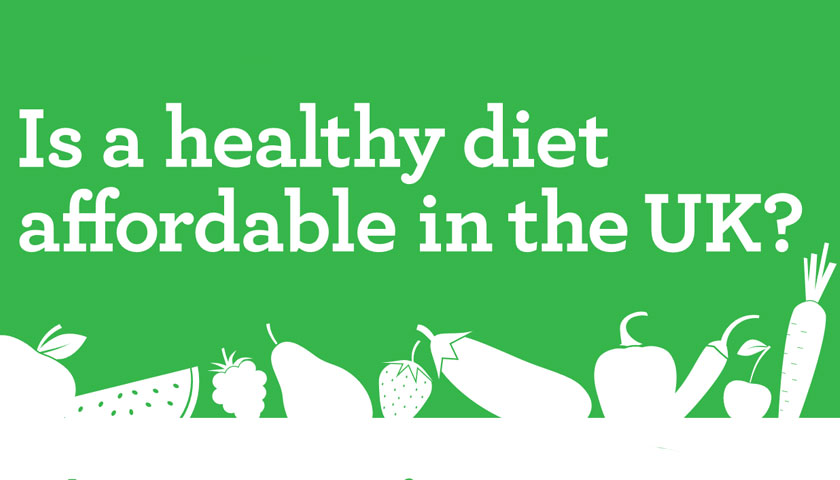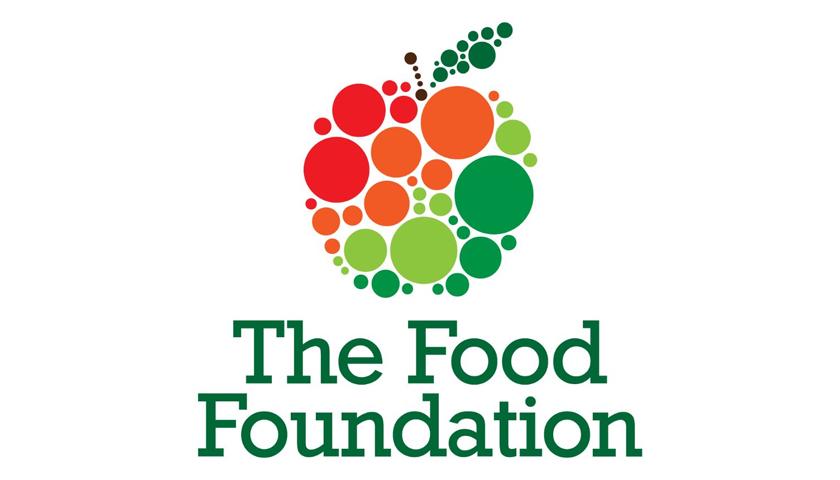New analysis “Affordability of the Eatwell Guide” from independent think tank the The Food Foundation finds that around 3.7 million children in the UK are part of families who earn less than £15,860 and would have to spend 42% of their after-housing income on food to meet the costs of the Government’s nutrition guidelines, making a healthy diet most likely unaffordable.
Comparing the estimated cost of the PHE Eatwell Guide (PHE’s official guidance on what constitutes a healthy diet and which is based on the latest scientific evidence) to household income in England, Scotland, Northern Ireland and Wales shows that the poorest half of households would need to spend nearly 30% of their after-housing income on food to eat the Government’s recommended diet, compared with 12% for the richest half of households.
This analysis comes as children in the UK return to school amid growing concerns over holiday hunger. The availability of free school meals during term-time will be a relief for parents who struggled to feed their children over the holidays.
The unaffordability of a healthy diet for low-income households is highlighted by higher rates of childhood obesity in deprived areas of the country. Over a quarter (26%) of Year Six children in the most deprived areas of England are obese, but obesity affects just 11% in England’s richest communities – and the gap is growing.
The Food Foundation’s food affordability research comes as the Children’s Future Food Inquiry is gathering evidence from those who have witnessed or experienced children’s food insecurity in the UK. With an estimated 3.7 million children living in households that likely cannot afford a healthy diet and record levels of childhood obesity, the parliamentary inquiry is joining calls for a national measurement for food insecurity and next year will present recommendations to policy makers for understanding and tackling children’s food insecurity and its consequences in the UK.
CASE STUDY – Elaine from Thanet
Elaine is a mother of 4 kids who all still live at home. Her husband had to quit work due to ill health and they have recently had their benefits cut by £95 per week. She struggles to balance the weekly budget and estimates she has between £50-60 per week to spend on food. She often finds that its the least healthy options that are available within her budget.
“I really try and my kids eat well. But what we are eating is not how I would really like them to eat”
She will be looking for work in September when her youngest child goes back to school but is worried about finding something that will fit around school hours. Currently all her kids receive free school meals and she is concerned that working could also affect that.
“I would never let my children go without, but I do go without. I have no social life unless it is something free. Can’t afford to go out for a coffee”.
Sharon Hodgson MP, Chair of the Children’s Future Food Inquiry committee said:
“It has always been a great concern to me that so many children and families in the UK are at risk of going hungry, or going without a healthy meal each day. That is why I have campaigned for many years to change this, and why I am proud to Chair the Children’s Future Food Inquiry committee, which is looking into this incredibly important issue.
“It cannot be right that 50% of households in the UK currently have insufficient food budgets to meet the Government’s recommended Eatwell Guide. A healthy diet, which we know is important for our health and development, should not be unaffordable to so many people.
“I hope that the Government will look into this issue as a matter of urgency, in order to make eating a healthy diet more affordable.”
Anna Taylor, Executive Director of the Food Foundation, said:
“The Government’s measurement of household income highlights the fact that millions of families in the UK cannot afford to eat in line with the Government’s own dietary guidance. It’s crucial that a coordinated cross-government effort develops policy that accounts for the cost of its recommended diet, and creates a food system that does not consign those on lower incomes to the risk of diet-related illness.”

